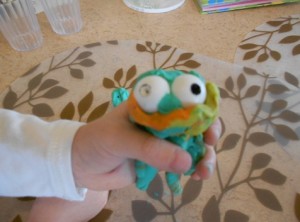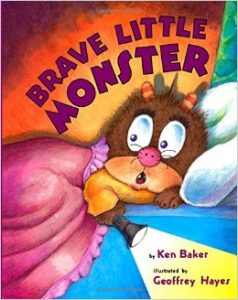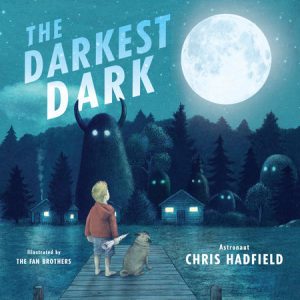Today’s play-of-the-day, helping kids cope with change, is inspired by a move for our family. Change can be really challenging for kids. They barely have their sea legs coping with what ‘s happening on a regular basis. Change can upset the balance and there’s lots of it for kids It might be a new baby brother or sister, a change in the family structure, a different babysitter or care center, or a move to a new house or unfamiliar city. Just the change when a parent doesn’t go to work at the usual time or a babysitter is sick can be a big deal for a child. Major changes mean a whole new world.
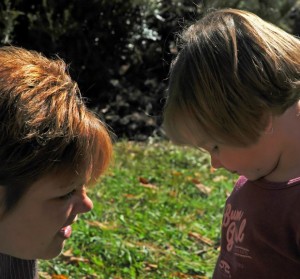
Helping kids cope with change can be a challenge. For some children, it will be more of an issue than for others and their stress may show in different ways. Once you’ve explained to a child and answered many, many questions, some resources are books and stories. Depending on the concern, check out the local library or bookstore for ideas. If you can’t find a book for what you need, you can make up your own story. Kids relate to animals so you may want to choose one your child likes and have the animal face the situation.
Kids thrive on routines. As much as possible, keep the regular family schedule. Some things change and some stay the same. You may have to name the feelings for the child, not just acknowledge them, especially if you see a difference in behavior or sleeping patterns.
Even if this isn’t a concern for your family now, we can help kids feel comfortable with change. If possible today, introduce something unusual. This could be having dessert in a cup or spreading a blanket on the floor for a snack picnic. Maybe everyone could switch places at the table for meal time, just for a change.
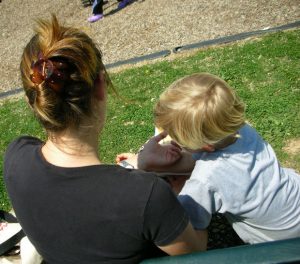
Having fun with a few changes every now gives kids an opportunity to experience change and practice handling the situation. Helping kids cope with change is a way to build resilience. How do you deal with this?

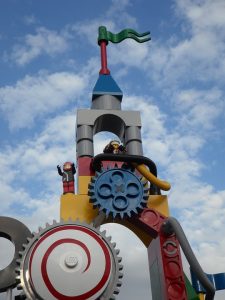
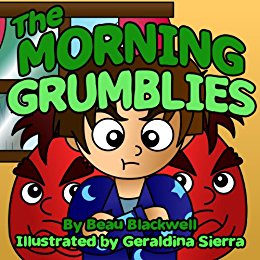 For each part of the day, give kids information about what’s happening next. Occasionally, get mixed up and let them ‘correct’ you. They think this is funny. For instance, you might tell them to wash hands and put on their pajamas for lunch. If you do this a few times on purpose, kids can’t tell when you are lost in space and doing it accidentally. Kids need routines and so do adults. They help brains.
For each part of the day, give kids information about what’s happening next. Occasionally, get mixed up and let them ‘correct’ you. They think this is funny. For instance, you might tell them to wash hands and put on their pajamas for lunch. If you do this a few times on purpose, kids can’t tell when you are lost in space and doing it accidentally. Kids need routines and so do adults. They help brains.